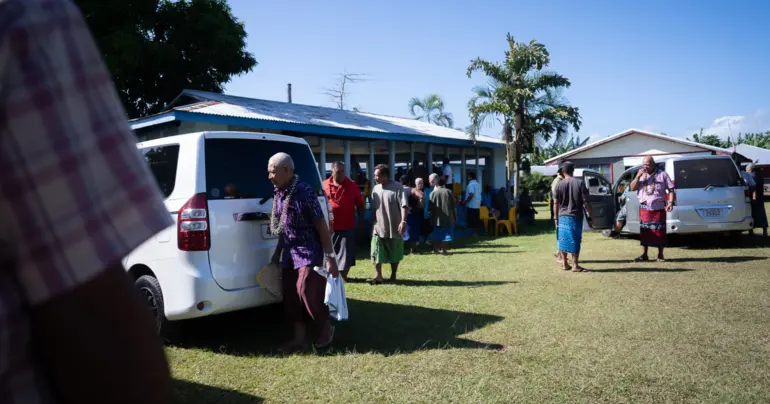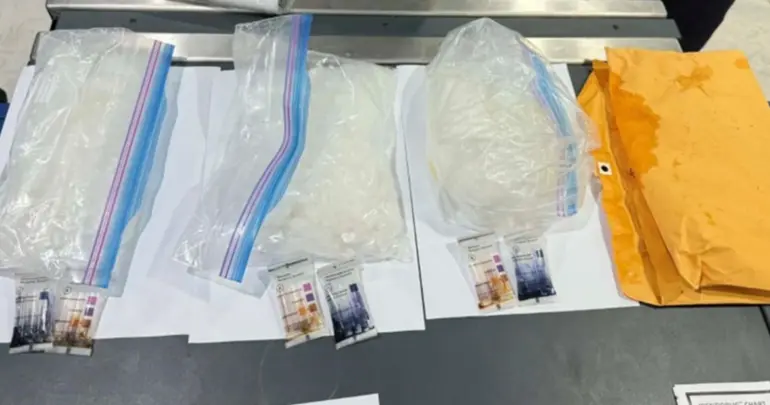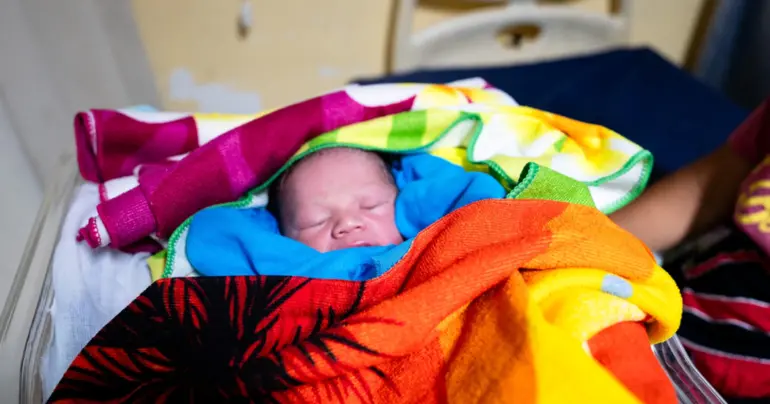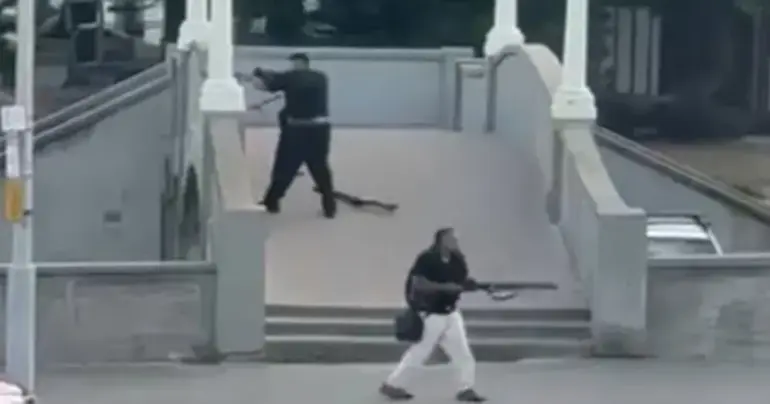Churches can lead the fight against crime and drugs
Churches have an important part in nation-building. Proactive work from religious bodies can rid many social ills. Drugs, criminal activities and violence in homes can be drastically reduced with the help of churches.
It is good to hear that the Malua Theological College (M.T.C.) is actively seeking strategies to assist Samoans being deported back to their homeland, aiming to help them reintegrate into society and address the issue of meth.
The Principal of the College, Reverend Professor Vaitusi Nofoaiga, emphasised the need for government efforts to focus on deportees in the fight against the rising issue of illicit drugs in Samoa.
He believes that those returning to Samoa may hold critical insights into the methods of drug trafficking and production within the country.
The principal is right; more should be done to integrate deportees into society. Many of the deportees have little knowledge of life in Samoa and some have never even been to Samoa after they leave when they are still children. So, it is a culture shock and hard when they do not have a support system.
For many, going back to crime may be the only solution they can come up with. Some who were gang members from the country they were sent back from would still have the affiliation and through that, they venture into profitable criminal activity, mainly narcotics.
A Tongan drug bust last month has put a spotlight on transnational criminal links in the Pacific. Two police raids at multiple locations saw the seizure of 6.1 kilograms of methamphetamine, along with cash and money counting machines, and 17 arrests – including one man deported from Australia with reported links to the Commancheros motorcycle gang.
Deportations for criminal activity have been a contentious issue regionally, blamed for the spread of criminality learnt in deporting states. The Australian-based Comancheros have a form for having members deported to New Zealand from Australia who become involved in transnational crime.
Tonga has seen 1,010 people return after criminal overseas since 1998, the majority since 2010. Most arrive from the United States, but New Zealand and Australia are also key deporting states. Most have spent little of their life in Tonga, but retain citizenship.
Similarly, people being deported to Samoa have only spent a little time here. Samoa police had information on the possible set-up of gang charters, especially from Australia and New Zealand. These charters could already be here. The significant rise in meth cases suggests the organised structure of the meth network.
There is significant local blame laid on the deporting state for a lack of support provided to countries such as Samoa. This is where Malua Theological College wants to bridge the gap. Recognising the pivotal role that faith and community play in Samoan society, the college has integrated social issue discussions, including drug crimes into its academic curriculum.
This approach aims to equip students with the necessary tools to address societal challenges once they graduate and assume roles in various parishes both locally and internationally. Other churches can do the same. Take the bull by the horns and have a proactive approach where the crime is stopped before it is committed.
Just recently, an opinion piece from Fiji highlighted the increase in HIV cases and the relation to meth. While there is little evidence found to suggest that meth was being injected in Samoa, sharing of needles has led to this. Samoa is lucky in this regard. However, when it comes to narcotics, whatever is being practised abroad will soon show up on our shores.
Churches are urged to work together to help integrate deportees into society and support them. The quasi-governmental Samoa Returnees Charitable Trust has received government funding for its operations since 2020, and members (deported people) have a very low recorded reoffending rate. The cost on law enforcement is therefore significantly reduced because of the early investment in social support.
Samoa has a drug problem, and the solution should be multifaceted. Deported peoples’ reintegration needs to be supported in a sustainable manner, to reduce the risk of reoffending, and local corruption that facilitates illicit drug movements needs to be combated.
Both require more than just policing, but a whole-of-government and civil society response; not just for the benefit of the society, but also for people who are deported.
Malua Theological College is taking steps to address this problem and we hope other churches are doing the same.











